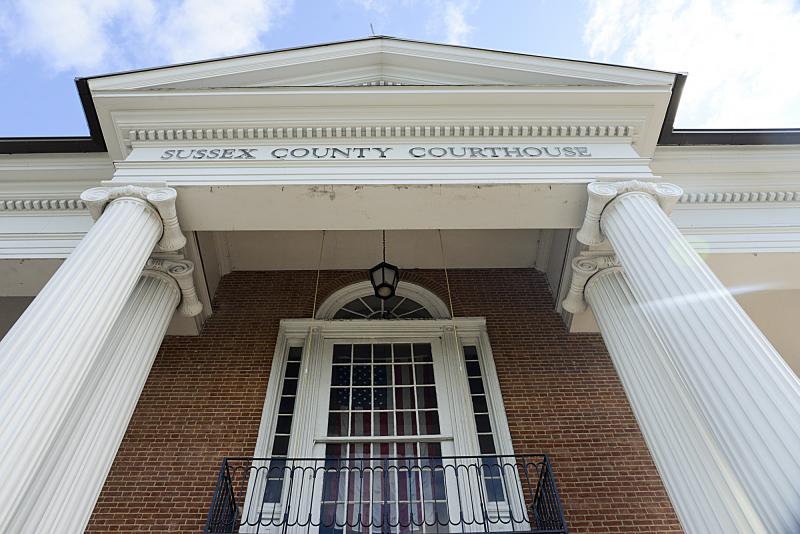An attorney is continuing his lawsuit against Gov. John Carney over the way judges are chosen in Delaware.
New Castle attorney James Adams, who spent most of his career working for the Delaware Department of Justice before retiring in 2015, is suing Carney for a second time over Delaware’s Constitution, which requires state courts to have balanced representation by both major political parties.
On Sept. 23, U.S. District Court Judge Maryellen Noreika denied Carney’s motion to dismiss the case in the latest action of the case, now in its second year after a preceding lawsuit filed in 2017 was thrown out by the U.S. Supreme Court.
In the first lawsuit, the District Court ruled in favor of Adams, but Carney filed a petition with the U.S. Supreme Court to hear the case. On Dec. 10, 2020, the U.S Supreme Court reversed the decision of the lower court, “because Adams has not shown that he was ‘able and ready’ to apply for a judicial vacancy in the imminent future, he has failed to show a ‘personal,’ ‘concrete’ and ‘imminent’ injury necessary for Article III standing.”
The same day, Adams filed his second lawsuit in U.S. District Court, this time including letters of denial for three judicial positions for which he applied – positions which also required a specific political affiliation. Nothing was said about party affiliation in the denial letters, only that the Judicial Nominating Commission received a number of well-qualified and distinguished applications for the same position.
“The denial of any opportunity for a judgeship unless Adams is a Republican or a Democrat is an ‘injury in fact’ as it denies Adams his constitutional rights under the First Amendment,” Adams’ lawsuit states.
The lawsuit continues to say Adams’ rights under the equal protection clause of the 14th Amendment have also been violated.
“By restricting judgeships to members of political parties, Delaware’s Constitution situates politically unaffiliated lawyers differently from those who are members of political parties, denying them any consideration on their merits,” the lawsuit states.
Adams is asking the court to end Delaware’s use of political affiliation as a criterion for the appointment of state judges, and rule the provision in Delaware’s Constitution that allows it unconstitutional.
Melissa Steele is a staff writer covering the state Legislature, government and police. Her newspaper career spans more than 30 years and includes working for the Delaware State News, Burlington County Times, The News Journal, Dover Post and Milford Beacon before coming to the Cape Gazette in 2012. Her work has received numerous awards, most notably a Pulitzer Prize-adjudicated investigative piece, and a runner-up for the MDDC James S. Keat Freedom of Information Award.






















































